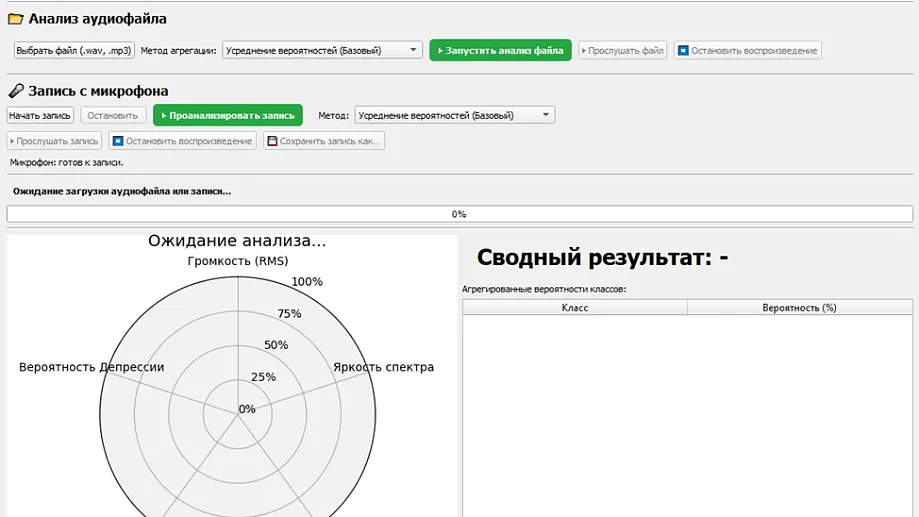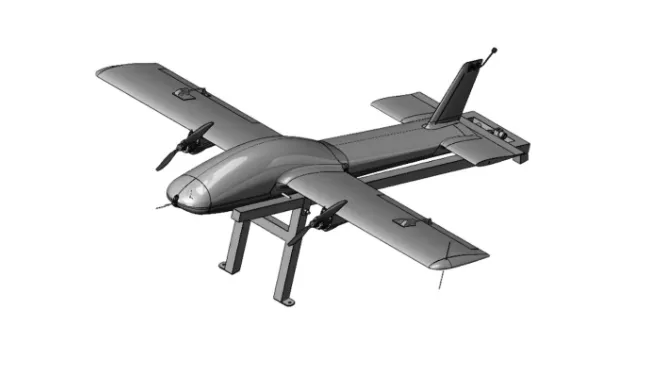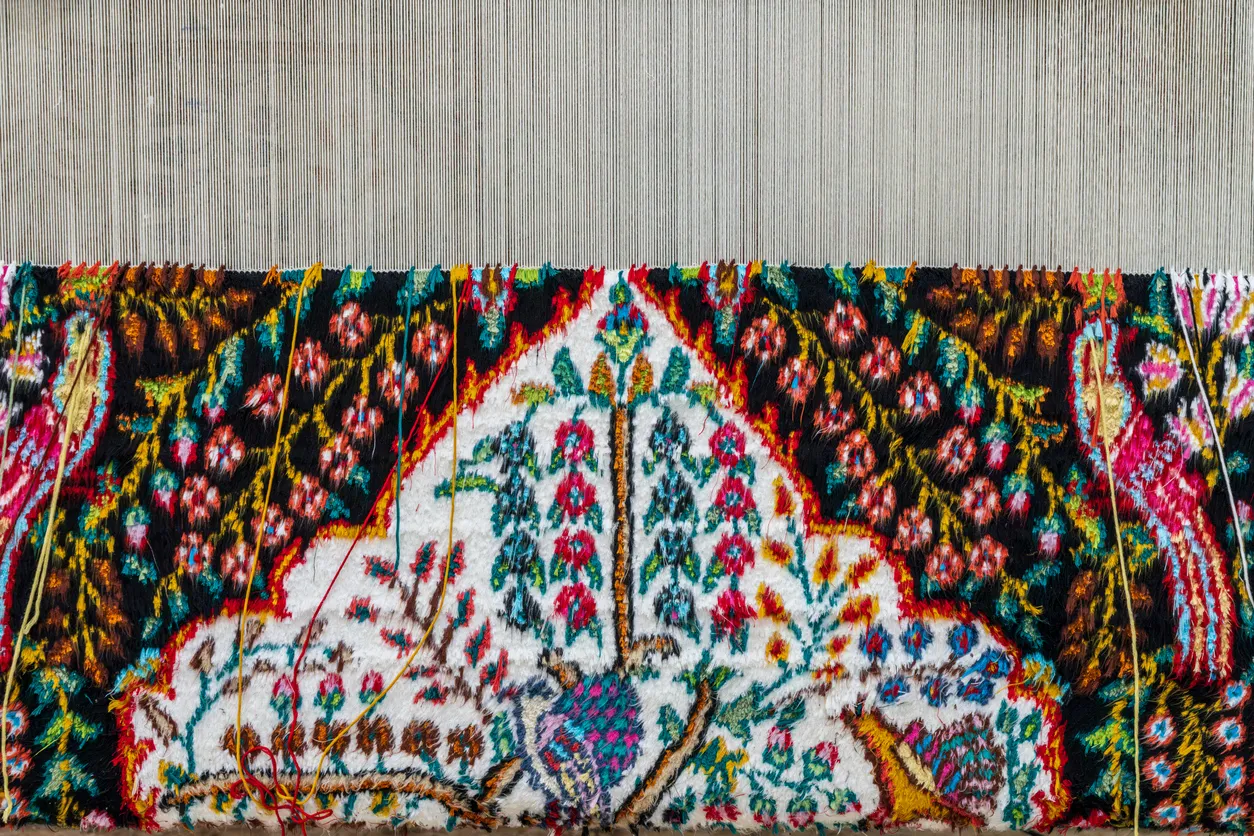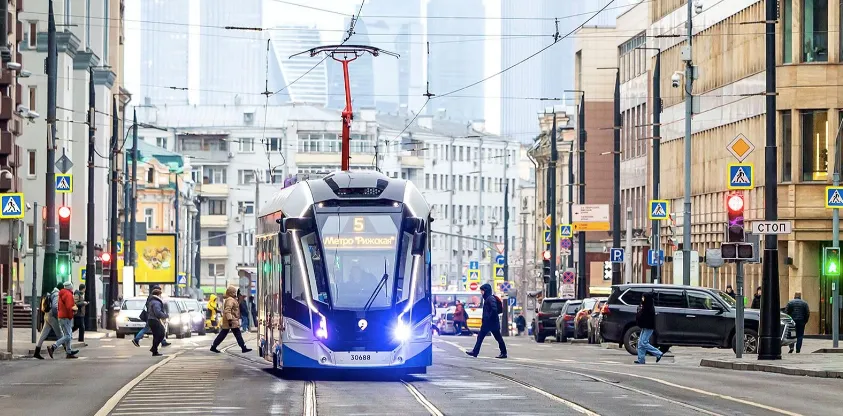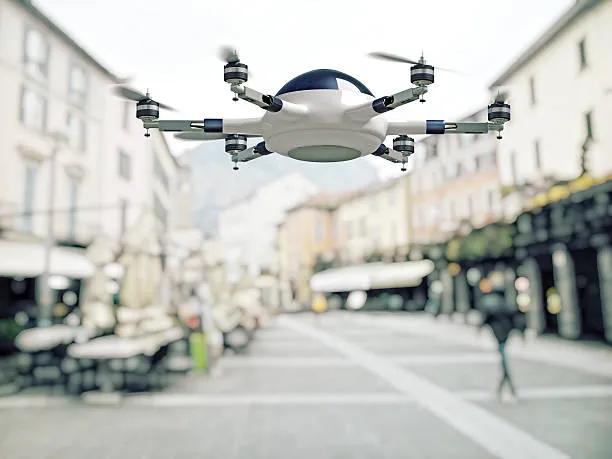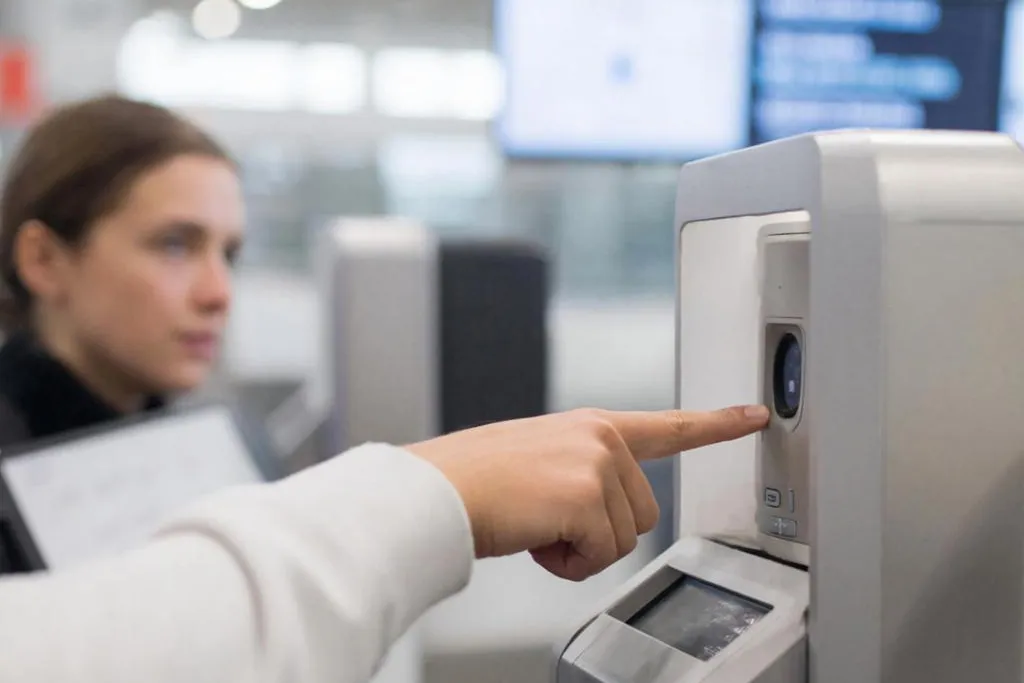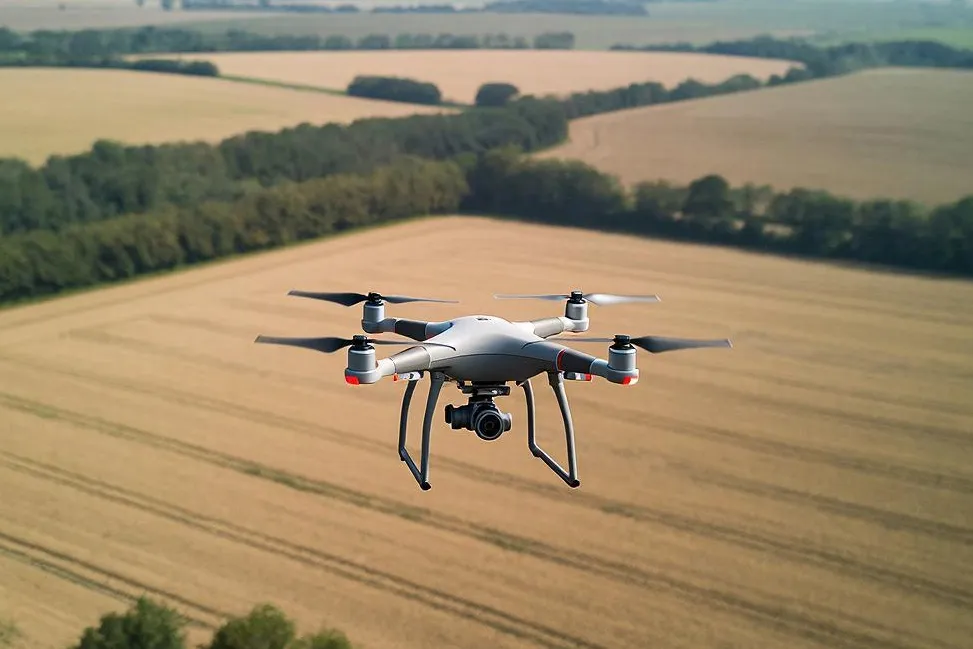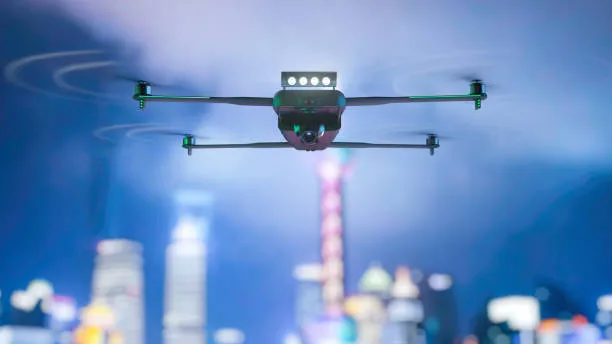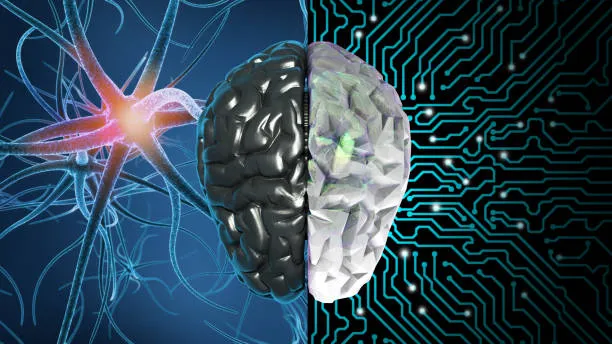Russia to Turn MIR Payment Cards into Universal ID for Social Benefits
The national payment system expands the role of its flagship digital product beyond finance.

Russia’s MIR payment cards will soon serve not only as a banking tool but also as a universal identifier for citizens entitled to government benefits, the National Payment Card System (NSPK) announced.
Under the new system, MIR cards can be presented instead of identity documents — for example, when receiving subsidized medications or accessing other public and private support programs. A pilot launch of the initiative is scheduled for 2026.
According to Pavel Potanin, Deputy CEO of NSPK, the upgraded card will also serve as a channel for benefit payments, while the company will handle “processing access to preferential programs.”
Millions Already in Use
Discussions with businesses and government agencies are already underway. Importantly, users will not need to replace their existing cards — the new features will be introduced gradually.
Over the past year, more than 19 million MIR cards were issued, bringing the total number of holders to 420 million. The card is already used not just for payments, but also for digital identification on government websites.
With the expansion of its functions, MIR is evolving from a national payment instrument into a key element of Russia’s digital infrastructure, linking citizens directly to financial, social, and public services.












